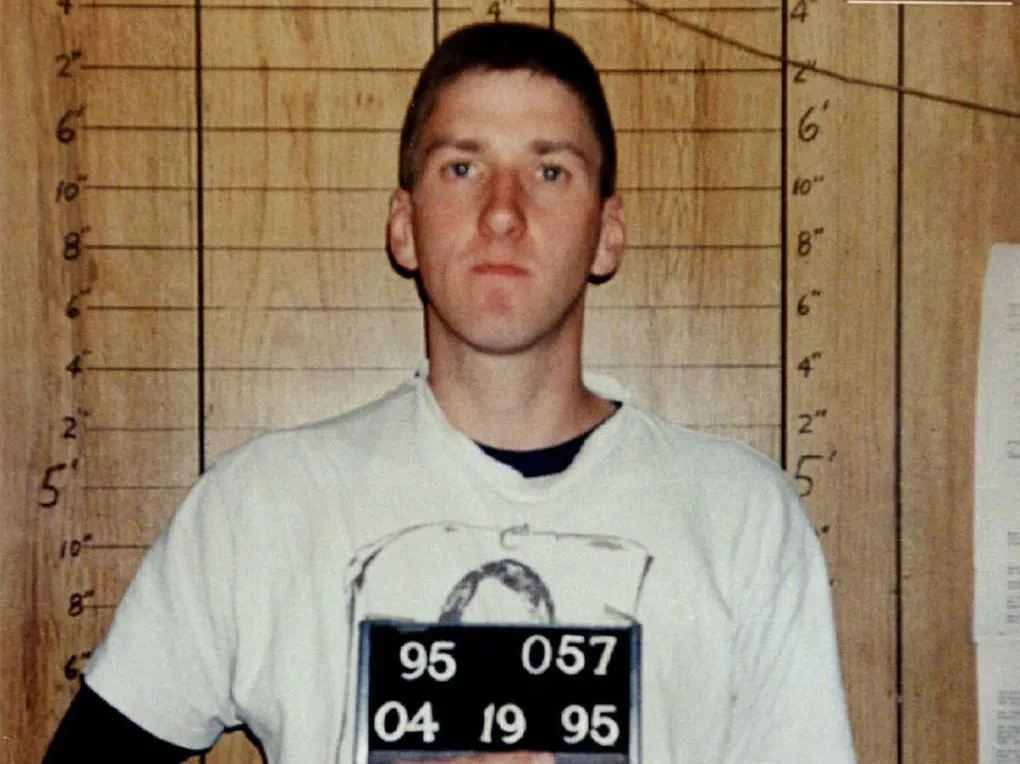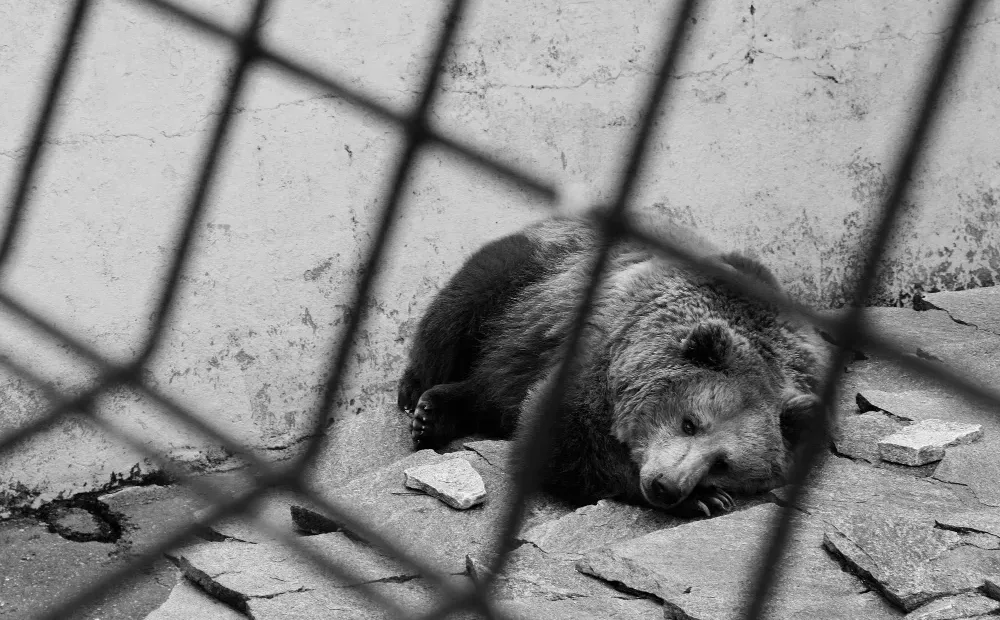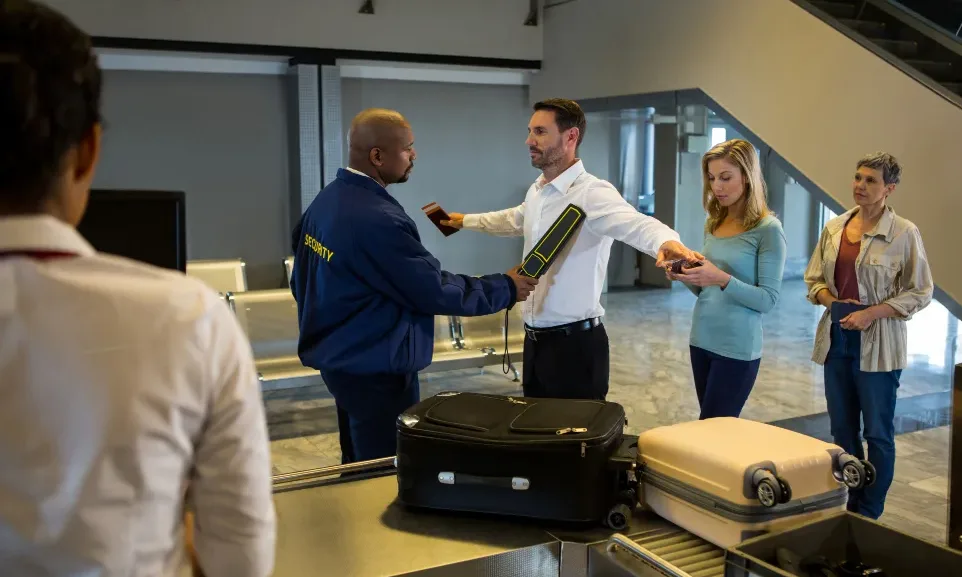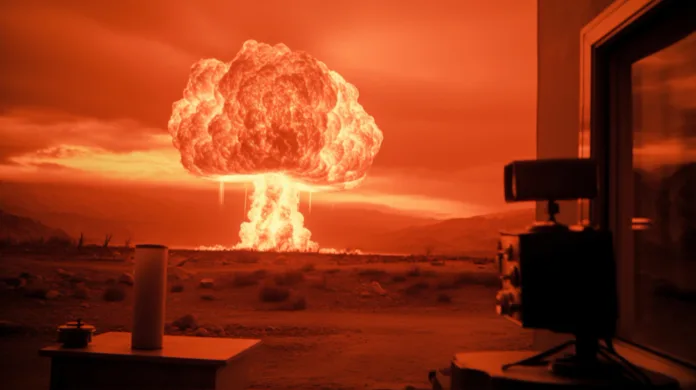Every breath you take, every heartbeat pounding in your chest, every mundane Tuesday morning, it’s all a cosmic accident. A stroke of luck because the truth is, our entire civilisation has been balancing on a knife’s edge more times than you could possibly imagine.
This is about the moments when humanity collectively stood at the precipice of oblivion, and somehow, impossibly stepped back.
These are the stories they don’t teach in history class. The split-second decisions that saved billions of lives. The malfunctioning bombs that refused to detonate. The gut instincts that prevented nuclear apocalypse. These are the most terrifying near miss events in human history.
Buckle up. Because what you’re about to read will make you question everything you thought you knew about luck, fate, and just how fragile our existence really is.
The man who saved 7 billion lives
October 27, 1962. The Cuban Missile Crisis.
Deep beneath the Atlantic Ocean, inside a Soviet submarine that had lost contact with Moscow, three men held the fate of humanity in their hands. The submarine commander was convinced World War III had already begun. He thought of a solution: to launch a nuclear torpedo and obliterate the American destroyers above.
But here’s the catch that saved your life: all three senior officers had to agree.
Two said yes without hesitation.
The third man, Deputy Brigade Commander Vasili Arkhipov, said no.
Just. Said. No.
Picture this: pressure crushing in from all sides, both literally and figuratively. His fellow officers screaming at him. The weight of military protocol demanding immediate retaliation. And this one man, this single human being, looked at the nuclear trigger and whispered the most important word in human history:
“No.”
That simple act of defiance? It prevented nuclear war. It saved every person you’ve ever loved. It saved you. And until recently, almost no one knew his name.
The school bus that caught a mass murderer

April 21, 1995. Two days after Oklahoma City.
Timothy McVeigh should have been a free man. The man who murdered 168 innocent people in the Oklahoma City bombing was sitting in a jail cell, about to make bail. In 90 minutes, he would walk out the door and vanish forever. The FBI had no idea they had America’s most wanted terrorist in their custody.
But then something extraordinary happened.
A judge’s son missed his school bus.
That’s it. That’s the entire reason McVeigh didn’t escape. Instead of presiding over the routine bail hearing, the judge had to drive his kid to school. This tiny, domestic delay meant McVeigh was still in the courthouse when the FBI frantically called, begging police to hold him.
A school bus. A cranky kid. A dad doing dad things.
Those mundane morning moments stood between a mass murderer and freedom.
If that bus had been thirty seconds later, if that child had grabbed his backpack just a little faster, one of history’s most notorious terrorists would have disappeared into the American landscape like smoke.
The nuclear bomb that almost vaporised North Carolina
January 23, 1961.
A B-52 bomber carrying two hydrogen bombs broke apart over North Carolina. Each bomb was 250 times more powerful than Hiroshima. Both plummeted toward American soil.
One bomb went through almost every stage of its detonation sequence. The arming mechanism engaged. The altitude triggers fired. The timer started counting down.
Only one thing stood between millions of Americans and instant vaporisation: a single safety switch. A small piece of metal.
That’s it. One tiny component, smaller than your thumb, was all that prevented the eastern seaboard from becoming a radioactive wasteland.
Think about that. Your existence, the existence of everyone you know on the East Coast, came down to a piece of metal no bigger than a coin flip.
The computer glitch that almost ended the world
September 26, 1983. 12:15 AM.
Soviet officer Stanislav Petrov was having the worst night shift of his life. His computer screens suddenly erupted in warnings: incoming American nuclear missiles. Protocol was crystal clear, immediate retaliation. Launch everything. End the world before the enemy’s warheads could land.
But something felt wrong.
Maybe it was intuition. Maybe it was divine intervention. Maybe it was just a man’s refusal to be the one who ended human civilisation. Petrov looked at those flashing screens and made a choice that saved literally everyone.
He reported it as a false alarm.
He was right. It was just a satellite malfunction. A computer hiccup. A glitch that came within minutes of triggering global thermonuclear war.
One man’s gut instinct versus the end of everything. And thank God, his gut won.
When Fur Met Fallout

Midnight, 25 October 1962, DEFCON-3.
A sentry on duty at the Duluth Air Defense Sector spots a shadow scaling the fence, fires, and slams the sabotage alarm. The signal ripples across the Upper Midwest, but a crossed wire at Volk Field, Wisconsin, twists it into the doomsday klaxon: Launch the nuclear-armed F-106 interceptors. Pilots sprint, engines spool, warheads click hot. From the cockpit, the world’s final dawn seems seconds away.
Twin headlights slice the tarmac; operations officer Dan Barry skids a jeep onto the runway, waving and screaming, “Stand down!” The fighters cut power at the threshold. Headquarters finally calls back with the punch line: The “Soviet saboteur” was a curious black bear hunting trash outside the fence.
One hungry bruin, one mislabeled cable, and civilisation balanced on a claw’s edge, that’s how close we came to trading Minnesota moonlight for nuclear midnight, in a single breath.
The bombs that refused to explode
July 21, 2005. London.
Two weeks after the horrific 7/7 bombings that terrorised London, it was about to happen again. Coordinated attacks on the Underground and buses. The same targets. The same method. The same intent to maximise casualties and spread terror.
But this time, something miraculous happened.
Every single bomb failed to detonate.
Not one. Not some. All of them. Complete, inexplicable failure across multiple devices. London, still bleeding from the previous attacks, was spared a second catastrophe not by security or counterterrorism, but by pure, inexplicable luck.
Sometimes the universe just says no.
The shampoo that could have killed thousands

August 2006.
You know why you still can’t bring large bottles of liquid through airport security? Because of what almost happened in the skies above the Atlantic.
British intelligence uncovered a plot to blow up ten planes flying from the UK to North America using liquid explosives disguised as drinks. Ten planes. Thousands of passengers. The deadliest aviation attack in history.
If the plot had succeeded, it would have made 9/11 look like a warm-up act. Instead, it was stopped just in time, leaving behind only the inconvenience of having your shampoo confiscated.
Every time security throws away your water bottle, remember you’re looking at the shadow of a massacre that never happened.
What near miss events teach us
Here’s the truth that will haunt your dreams: Our entire existence hangs by the thinnest possible thread.
We don’t just live in the world that happened. We live in the miraculous shadow of countless worlds that almost happened. Worlds where nuclear winter consumed the planet. Where terrorists succeeded beyond their wildest dreams. Where single malfunctions erased millions of lives.
These near miss events remind us that every day you wake up, every person you love, every dream you pursue, it all exists because of men who said no when they were supposed to say yes. Because of bombs that chose not to explode. Because of split-second decisions made by strangers whose names you’ll never know.
You are living proof that sometimes, impossibly, the thread holds.
Tomorrow we’ll balance on that same impossible edge, never knowing how close we come to the precipice. Never realising that our continued existence might depend on something as simple as a missed school bus, a computer glitch, or one person’s refusal to follow orders.
Sleep tight.
The next time someone tells you life is predictable, show them this. The next time you think history is solid and unchangeable, remember: we’re all just incredibly, impossibly lucky to be here.
Because in the grand casino of existence, humanity keeps hitting the jackpot.
But our luck may run out eventually…
